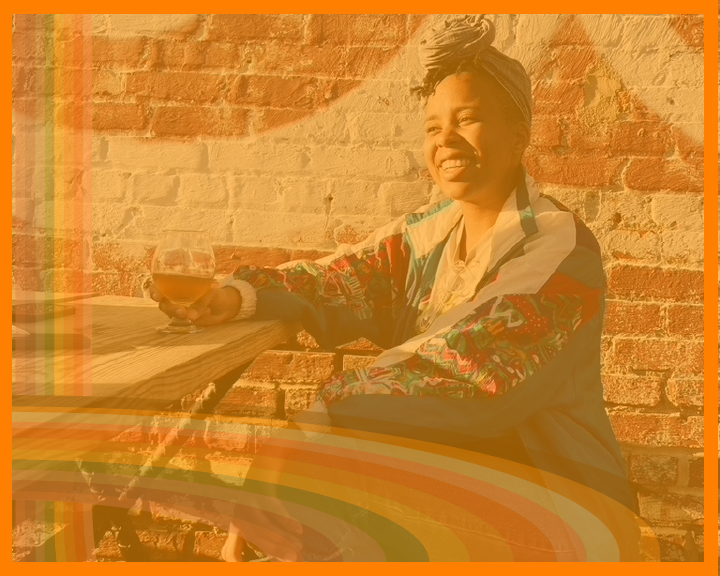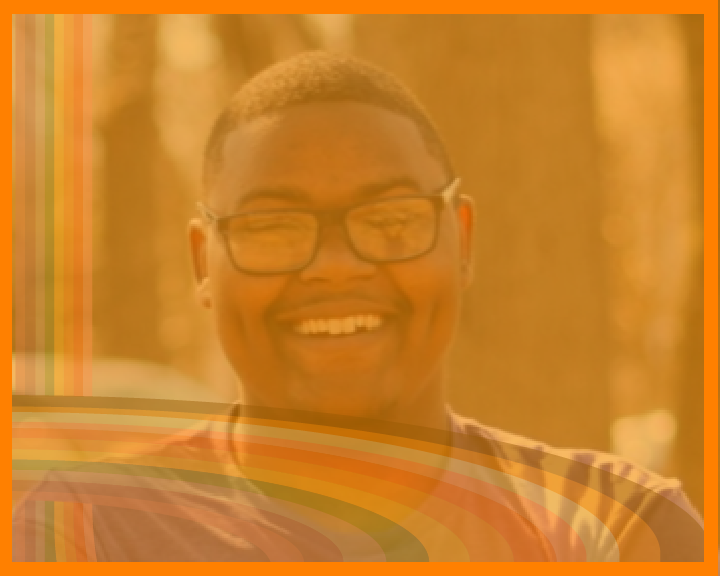Resisting Disengagement
The end isn’t what it used to be: a portent of angels and demons or a cinematic Armageddon. Sitting on the Mount of Olives where he’d retreated before for solitude and prayer, Jesus responds to his disciples’ urgent questions.
They ask “when?” They ask for signs. Ever the eager students, they want to know, “Will this be on the test?” And Jesus, like sunlight on a river, slips by their questions. He winds a path that evades the simple answers they crave.
Today, Jesus’ response may read like a nightmare, or it may read like a newsfeed. With a nearly omniscient scroll of real-time heartbreak around the world, we can feel catatonic. We can be tempted to wait like lambs for the end. We can be tempted to pray for its coming. Or, as Jesus advises: we can live now.
Today, Jesus’ response may read like a nightmare, or it may read like a newsfeed.
What we receive by way of Mark may be less of an end-times prophecy and more of an our-times prophecy: a relevant truth-telling about the suffering of our day.
“Nobody knows when that day or hour will come – not the angels in heaven and not the Son.” Jesus admits that he’s not a forecaster or a fortune teller, though the disciples are quick to mistake him for one. Jesus is less preoccupied with predictions and more concerned with living. He invites us away from the periscope and back down into the hull where life – precious and remarkable life – takes place in shared quarters.
Jesus is less preoccupied with predictions and more concerned with living.
In our anxiety, we ask, “When?”
In our doubt, we ask, “How will we know?”
In our fear, we ask for an undeniable sign.
Jesus in turn evades the simple answers we crave. When we ask, “How long, o God?”, God answers: “That depends.” And then God reaches for our hand.
…
Often times, those of us who are queer or who otherwise experience life on the margins have a high-contrast clock. There are two times: “now” and “not-now.”
“Now” is where death takes place – but “now” is where life takes place, too. And “not-now” is also where death takes place – but, Jesus promises, “not now” is where life takes place, too.
“Stay alert,” he asks of his disciples. “Stay awake,” he asks of us, lest we go gently into the night or surrender to suffering. We are not awaiting an Armageddon event; rather, we are witnesses to a steady drip of everyday pain in a world always dying and being reborn.
“Many people will come in my name, saying, ‘I’m the one!’” Jesus warns. “They will deceive many people. When you hear of wars and reports of wars, don’t be alarmed. These things must happen, but this isn’t the end yet. Nations and kingdoms will fight against each other, and there will be earthquakes and famines in all sorts of places. These things are just the beginning of the sufferings associated with the end.”
The cataclysmic events Jesus described 2,000 years ago happened in his time and are happening in our time, too. In the midst of international war and domestic conflict alike, LGBTQ+ activists experience heightened persecution. Queer and trans Ukrainians face the peril of imprisonment by invading Russian authorities while LGBTQ+ individuals around the world face a tidal wave of state-sanctioned oppression.
In the U.S., LGBTQ+ people are also at the mercy of legislative measures that favor real estate developers over renters and home-buyers, threaten reproductive choice, absolve police of accountability, and more. Those with adverse childhood experiences are at greater risk of retraumatization and poorer health outcomes.
It can be tempting in the face of so much suffering to rest long on the laurels of progress. After all, we have “marriage equality.” We have more positive media representation. Some of us have financial stability, housing, healthcare…
We ought to celebrate – yes. And gratitude will be our bread – yes. And yet, the tide of suffering does not rest, and Jesus calls us to wade into its midst, to put our hands against its surface, to hold each other through it, and to resist disengagement. The Black lesbian scholar-activist and political prisoner Angela Davis famously said: “You have to act as if it were possible to radically transform the world, and you have to do it all the time.”
At this particular moment in the pandemic – summer 2022 – we are experiencing a collective temptation of disengagement. From my church kin and from those I work alongside for LGBTQ+ justice in the Church, I hear a similar refrain: we are beyond exhaustion. Our civic trust is unraveled, our communities are frayed, and our capacity to co-regenerate seems frighteningly depleted.
We likely find ourselves asking the very questions that the disciples asked Jesus.
In our anxiety, we ask, “When?”
In our doubt, we ask, “How will we know?”
In our fear, we ask for an undeniable sign.
The kin-dom will come – perhaps when we are ready for it, or perhaps after we’ve been ready for far too long.
But pushing against the tide of suffering that is now is a tide of life that is also now – fought for and planted and watered and harvested by those who abide in justice. Queer people today are feeding this tide in the face of destruction: equal parts truth-telling and death-defying activism from mutual aid and unionization and the creation of thrift shops to unexpected alliances and worshipful communion and artistic expression. Suffering is happening right now, Jesus alerts us, but so is healing.
But pushing against the tide of suffering that is now is a tide of life that is also now – fought for and planted and watered and harvested by those who abide in justice.
It is not fair that we are asked to be so brave. And yet, like the disciples lounging at Jesus’ side on the Mount of Olives, we are not asked to be so brave alone.
Ours are an end-time, which is also a beginning-time. And there is an urgency in the face of incalculable suffering, and yet there is also the tug of the Spirit on our sleeve, inviting us to slow down and to live in the now. When asked about the end, Jesus reconnects us to the present. When asked what will be on the test, Jesus reminds us: this is the test. The test is happening now. All this is a great mystery – a great queer yes-and.
When asked about the end, Jesus reconnects us to the present.
“These things must happen,” says Jesus – perhaps reclining in the company of his beloveds, perhaps thinking of his own suffering and death to come, and perhaps as the sun set in Jerusalem as it had countless times before: “but this isn’t the end yet.”
Ophelia Hu Kinney (she/her) is a storyteller most frequently translating experiences of divinity and wonder into word and art. She is a child of immigrants, a spouse, and a sister. She serves as the Director of Communications at Reconciling Ministries Network and the Worship Coordinator at HopeGateWay, a Methodist-inspired community of faith in Portland, Maine.



Unbound Social